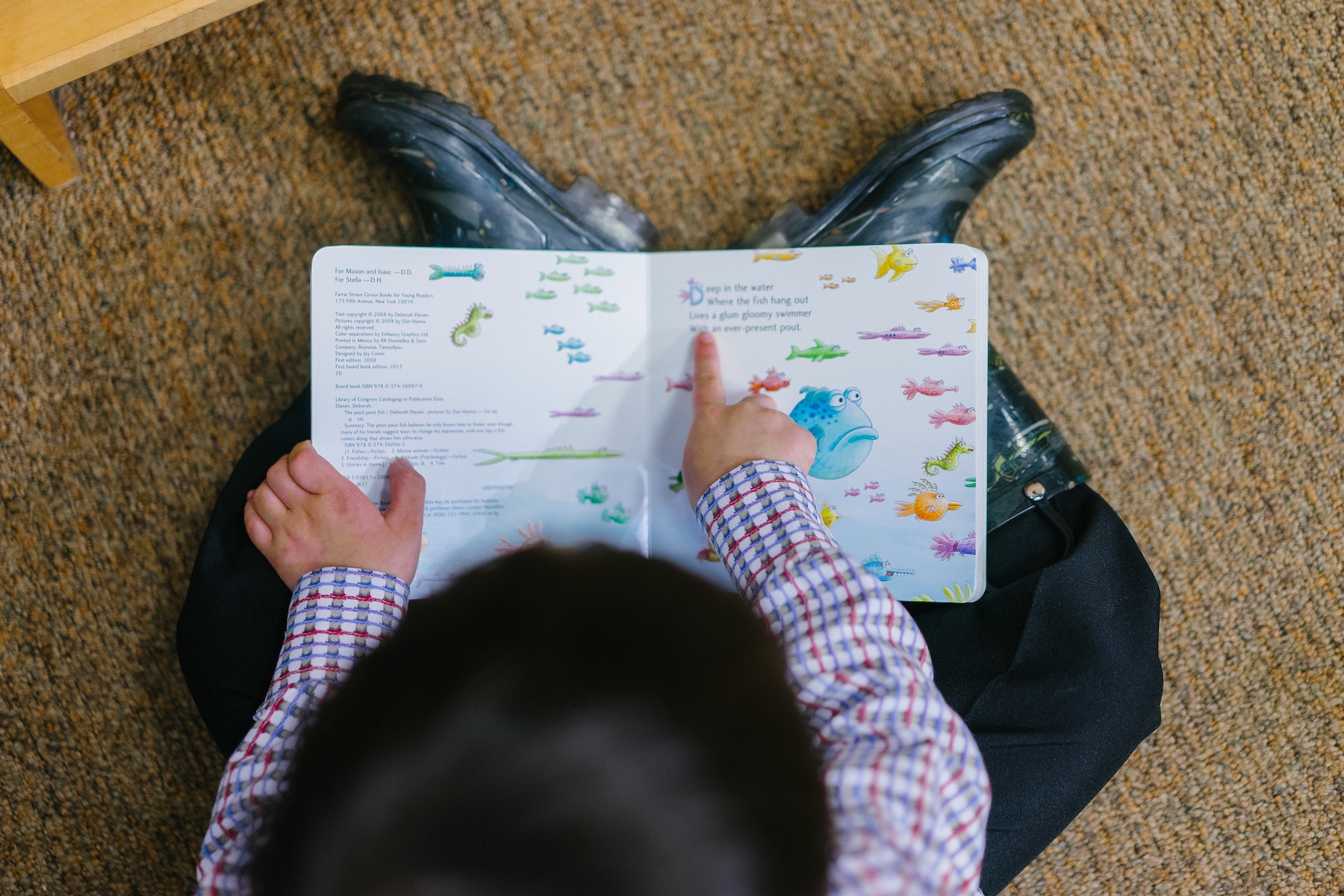
One of the greatest adjustments I had to make in parenting happened when my kids soared past their tenth birthdays. It had to do with shifting rhythms, and I really found myself unprepared.
I could deal with the rhythms of the first ten years of parenting fairly easily. Stage one is called hanging on for dear life—from night time feedings to diaper changes to play time, nap time, meal time and story time . . . parents are fighting to establish a rhythm that doesn’t complete exhaust them. And usually, we do (if you’re not there yet . . . hang on . . . it comes).
The early elementary years were the most straight forward. From the rhythms of the school day, to homework, to packing lunches, to sports, lessons and club activities, family life is at its most structured and controlled. Busy and full…but predictable.
Then we hit the pre-teens years. For me, it was a strange awakening. I realized the kids didn’t want to play the games we used to play. From building Lego to endless rounds of hockey in the driveway, the kids lost interest. They wanted to spend more time with their friends. None of this is bad or unnatural, but it almost felt like the parent-child relationship was breaking down.
Your three-year-old who would never leave you alone is now your thirteen-year-old who doesn’t really want to be seen with you at the mall. Yikes.
So I developed a rule after a bit of trial and error:
Don’t withdraw, even if your child does.
This is the age when many parents, lost at what to do, just give up. Check out parent-teacher night in high school. It’s crickets compared to first grade. Ironically, at the age where many kids are withdrawing, they are also asking, “Does anyone really care about me? Is anyone going to love me forever—unconditionally? Is anyone going to fight for a relationship with me?”
Any decent parent would answer yes to all of those questions. But if you’re relationship is almost non-existent, how would they know? And after all, they’re not really withdrawing. They’re just maturing. Trying to figure out what it means to grow up in this world.
So I just decided . . . as a parent, I’m not going to withdraw. On Friday, I’ll share with you specific ways in which I think that approach has helped.
What are you learning about stages in parenting? What are you learning about pre-teens and the journey to independence?
Parenting Your Fifth Grader

Parenting Your Fifth Grader sis a concise and interactive guide that simplifies what you need to know about fifth graders in general and gives you a place to discover more about your fifth grader — so you can make the most of this phase.
Don’t have a fifth grader? We’ve got a book for every age at the Parent Cue Store




